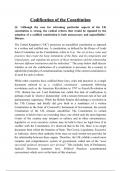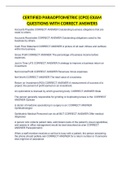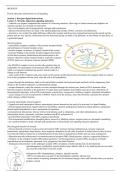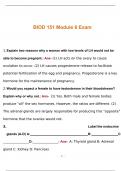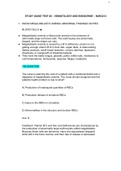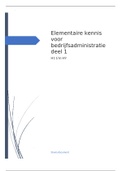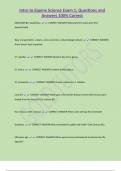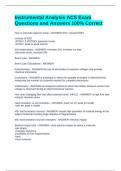Essay
First Class Codification of the UK Constitution - Public Law Essay
- Module
- Public Law (LA1020)
- Institution
- Goldsmiths, University Of London (GUL)
This First Class essay examines the debate surrounding the codification of the UK constitution, exploring arguments for and against formal written documentation. It evaluates the potential benefits of codification, such as clarity and accessibility, against concerns regarding flexibility and the ev...
[Show more]
